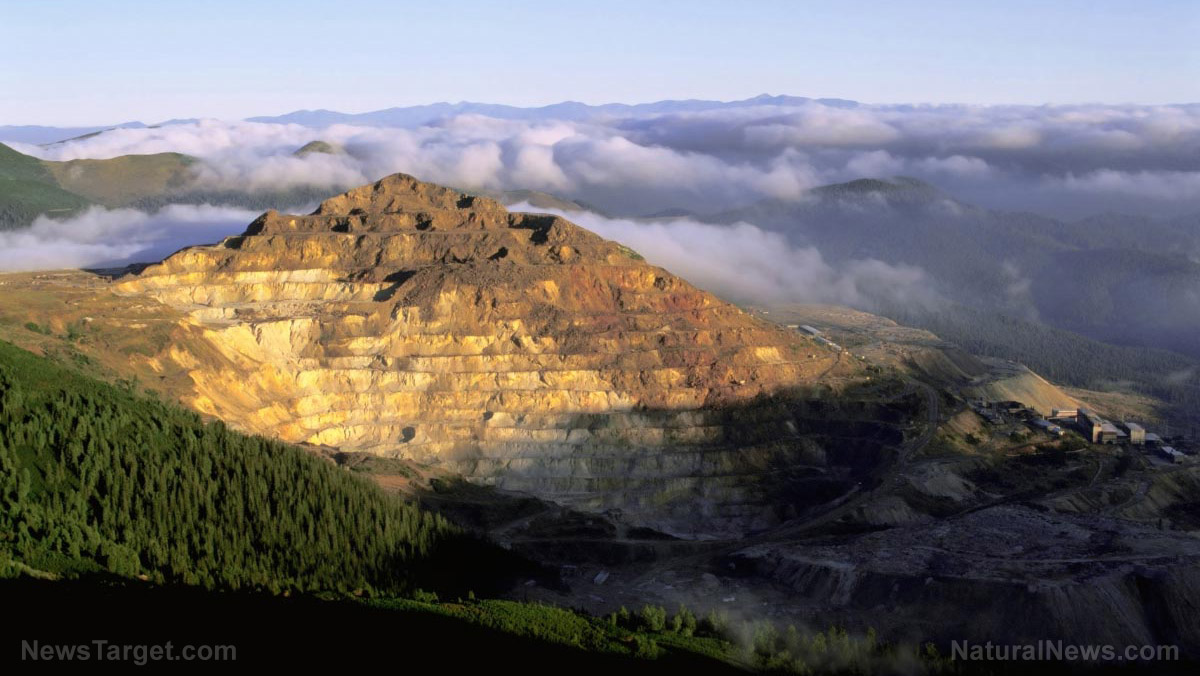
The Associated Press reports that a pair of longstanding mineral rights leases that are crucial to a proposed large underground copper-nickel mine that will be located upstream from the pristine Boundary Waters Canoe Area Wilderness located in the northeastern portion of Minnesota will not be renewed, a pair of federal agencies have announced recently, though the company said it would press ahead anyway.
The Interior Department and the Agriculture Department both refused to sign off on the leases, and announced other methods to protect the pristine waters from additional mining projects in the future. The Twin Metals project, the AP notes, is a $2.8 billion development.
It’s possible that the incoming administration of President-elect Trump could reverse the decision, and it’s likely one that is currently being watched by the new administration. But Trump has made clear in recent interviews he has an open mind about environmental concerns, so to suggest that a reversal is going to be automatic is irresponsible because it’s not based on any evidence. Trump is a businessman, not a serial polluter.
‘Broad concerns from thousands of public comments’
That said, the president-elect’s nomination to become the next head of Interior, Rep. Ryan Zinke, R-Mont., is an advocate for increased mining on federal lands, the AP noted.
In a joint statement, both federal agencies said that there were “broad concerns from thousands of public comments and input about potential impacts of mining on the wilderness area’s watershed, fish and wildlife, and the nearly $45 million recreation economy” in the region.
Twin Metals Minnesota had filed suit against the government in September to force a renewal of its leases. The company has vowed to continue examining and pursuing legal options. The lawsuit, for now, is pending, but the company issued a statement noting that, if the federal decision stands, it “will have a devastating impact on the future economy of the Iron Range and all of Northeast Minnesota, eliminating the promise of thousands of good-paying jobs and billions of dollars in investment in the region.”
Environmental groups who had been fighting the mining development for years cheered the decision. Like many area residents they, too, are concerned about irreversible environmental damage and heavy metals contamination.
The national chairperson of the Campaign to Save the Boundary Waters, Beck Rom, told the AP she thinks the decision will kill the project, and that it could be legally challenging for the Trump administration to undo the decision (that’s naïve; federal agencies answer to the president and if he wants the decision reversed, it will be). However, she vowed that opponents would continue to fight the project.
“We’re going to continue to make our case to policymakers and the American public to raise awareness of this issue,” she said, adding that “by no means is our work done.”
‘Totally contrary to what’s in law right now’
Frank Ongaro, the executive director of the trade group Mining Minnesota, turned the issue political, saying the bureaucracies’ decision is “a perfect example of why Democrats lost rural America.”
Agriculture Secretary Tom Vilsack said the federal agencies will take a two-year “time out” to evaluate the project’s potential impact on the environment while engaging the public about whether or not any future mining should be permitted on land adjacent to Boundary Waters. USDA runs the U.S. Forest Service, which is responsible for the wilderness regions near the location where Twin Metals wants to open its mine.
As reported by Fox affiliate KQDS in Minnesota, there are mixed feelings about the decision in nearby Ely, MN. The town’s mayor, Chuck Novak, said the renewal denial is “totally contrary to what’s in law right now. There’s a zone around the Boundary Waters to protect it.”
But even Gov. Mark Dayton expressed environmental concerns about the project, and that’s even knowing that his state and some of its residents would benefit economically from the development.
Sources:
Please contact us for more information.























